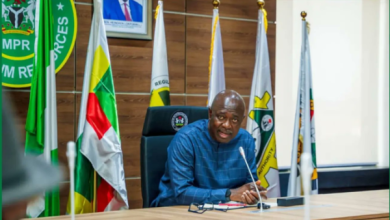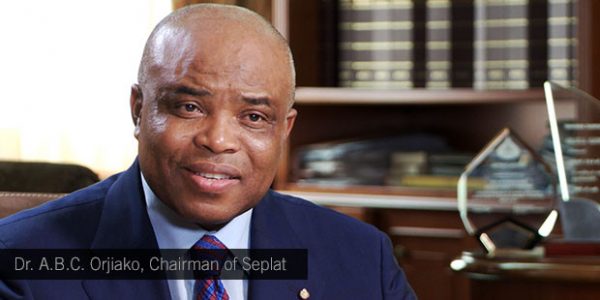Consumers to pay more for electricity from January 2022
With plans to end the electricity subsidy from next year, Nigerians would have to pay more for the commodity under a new tariff arrangement to be unveiled by the Federal Government.
The Federal Government reiterated the decision during a stakeholders’ engagement meeting organised by the Nigerian Electricity Commission, NERC in Lagos.
The government had pegged most of its subsidy payments in the electricity sector at N30 billion monthly.
Vice President Yemi Osinbajo, had at the opening of the 14th Nigerian Association for Energy Economics (IAEE) conference in Abuja, recently, said the government expected the electricity sector to generate its revenue from the power sector market.
Speaking through the Special Adviser to the President on Infrastructure, Ahmed Zakari, the presidency stated that, “the Federal Government intends to reduce its interventions in the Power Sector and thus allow the electricity market to run on its own, thereby allowing the market participants to determine the course of action.”
Stakeholders have argued that allowing market operators to determine the course of action simply means that Nigerians are to pay the full commercial price for power as determined by the generating and distribution companies.
Reacting to this revelation, one of the participants at that public hearing and Executive Director, Centre for Transparency & Accountability in the Energy Sector, Abel Godson, stated that, “with the deteriorating nature of electricity supply in the country, coupled with a deteriorating and ageing infrastructure within the electricity network, government’s pre-occupation should be about stabilizing the market, and not tariff hike.”
He also maintained that “promoting cost-reflective tariff at a time where the country is battling one its worst forex regimes and high inflation rates, which affect the cost of goods and services, will be counterproductive.”
“If this current precarious situation is met with any form of hike in electricity tariff, then we can bid goodbye to any meaningful development in the economy,” he said.
The Federal Government and Labour had gone into extensive discussions prior to the implementation of the Service-Based Tariff in November 2020, where the electricity regulator (NERC) had promised improvement in service delivery to Nigerians.
Zakari also mentioned that the highest peak generation of electricity for the month of September was 4694mw including electricity exports, what was available for Nigerians in-country came down to 3863MW, this is as opposed to the 30,000MW demand for electricity.
Essentially the country is providing roughly 11 per cent of the citizens’ demand for electricity despite huge government interventions in the power sector.
At the NERC stakeholder’s forum, concerns were raised about the power sector moving backwards rather than forging ahead, going by the too many policy summersault.
Zakari also mentioned that Nigeria has one of the poorest supplies of electricity despite the power sector contributing 78 per cent to GDP growth for Q2 2021.








